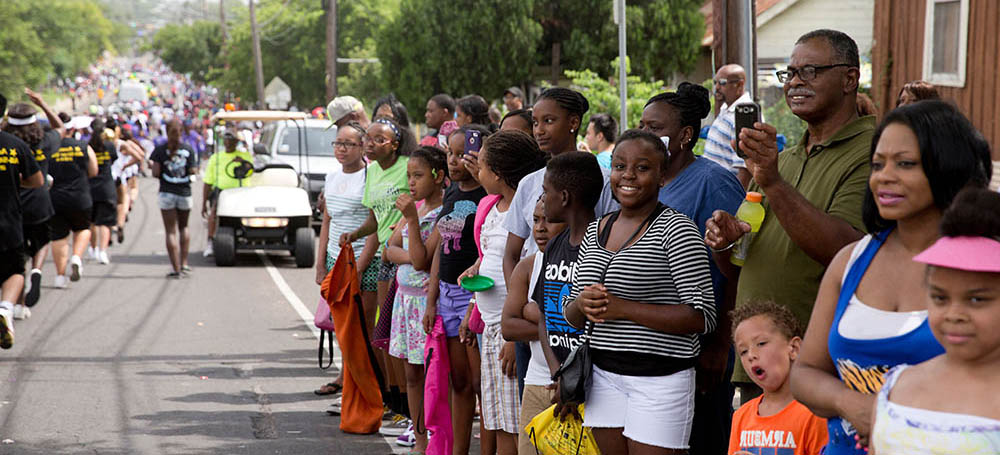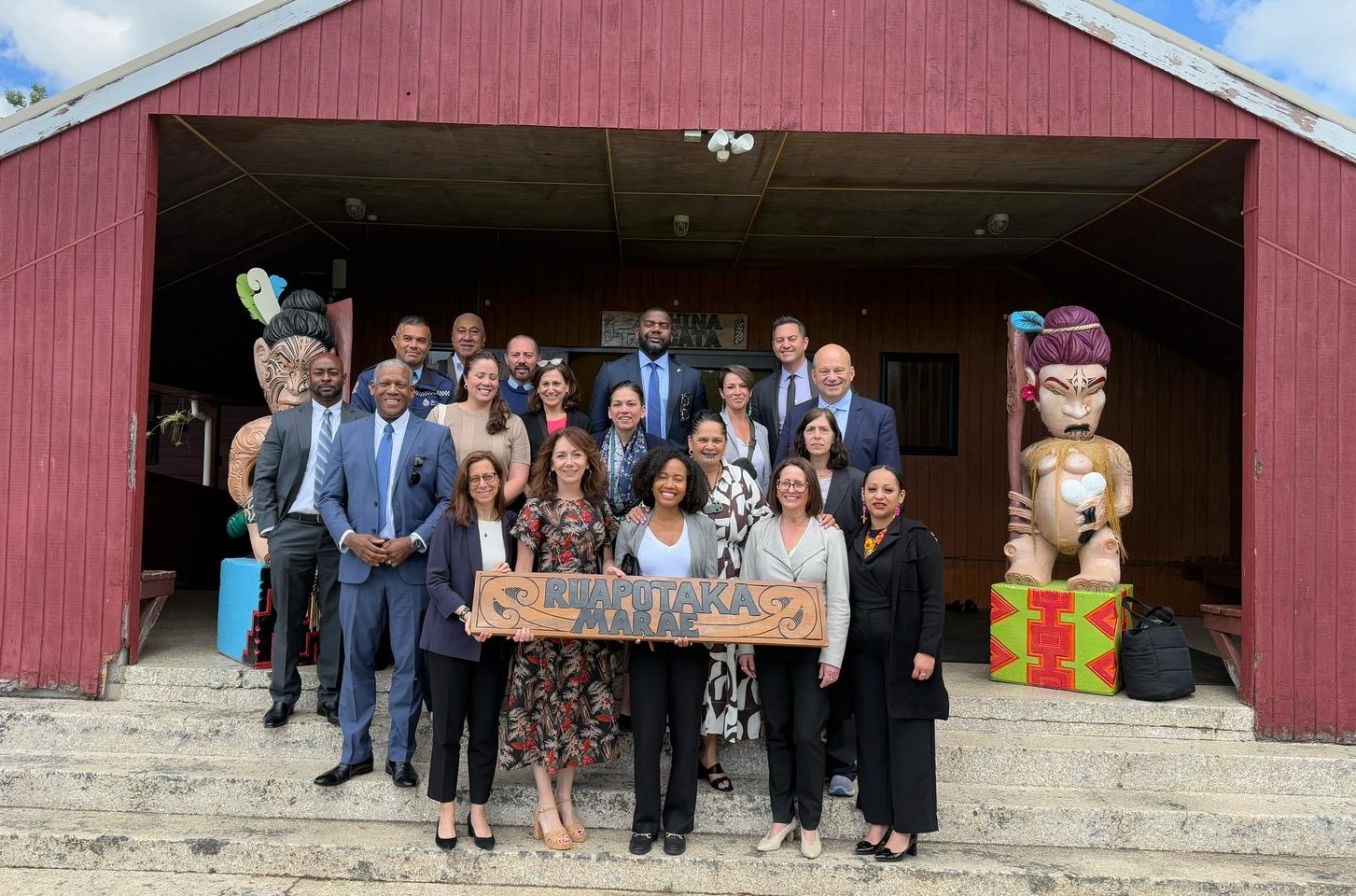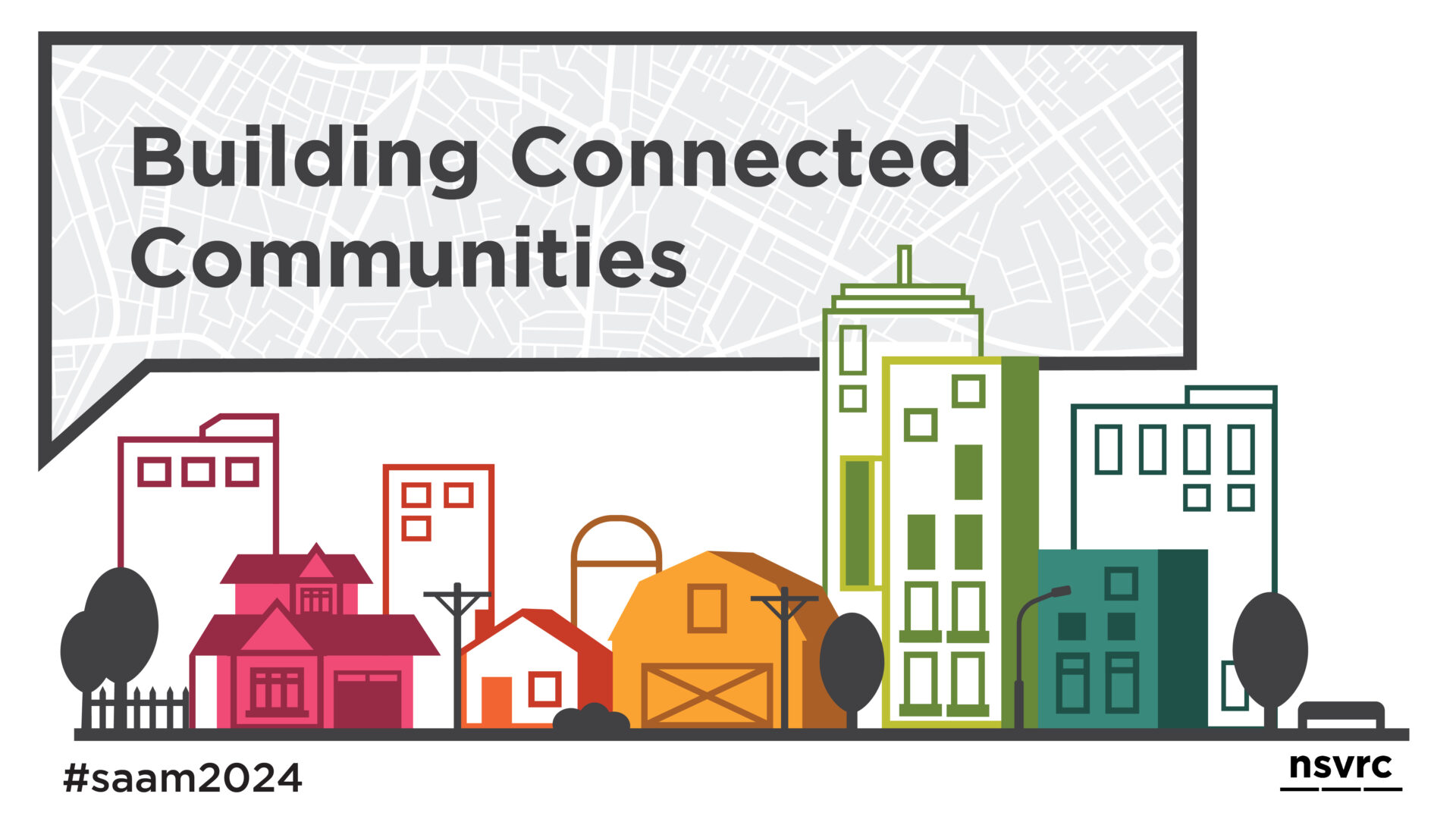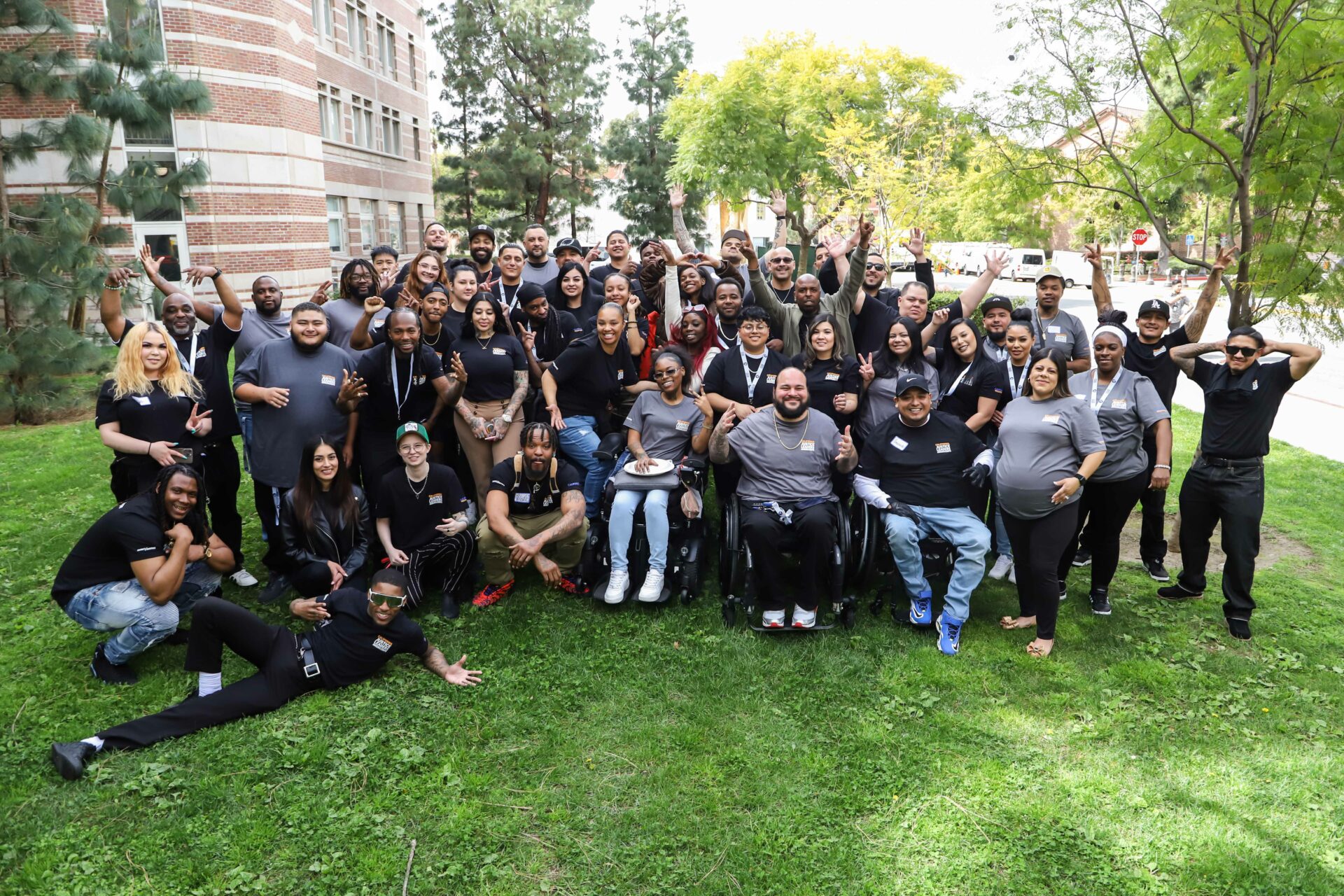On June 19, 1865, Maj. Gen. Gordon Granger issued an order to the people of Texas declaring all enslaved people legally free. It proclaimed, “an absolute equality of personal rights and rights of property between former masters and slaves…,” thus reiterating the Emancipation Proclamation, which was issued two-and-a-half years earlier.
Today, as we gear up to celebrate Juneteenth 2021, we are invited to appreciate two truths. First, that African Americans in this country persevered against incredible odds to celebrate our Independence Day, a day that arrived a century-and-a-half years after the U.S. declared independence from Great Britain. And second, that just as legal freedom from slavery following the 1862 Emancipation Proclamation had little impact on actual freedom from slavery in Texas, freeing ourselves from the social and physical conditions of slavery remains an ongoing struggle. As social justice activist Bryan Stevenson says, “slavery didn’t end in 1865, it just evolved.”
Today, we see white supremacy manifest in phenomenons like the school-to-prison pipeline and the War on Drugs.
With the plague of racialized mass incarceration and police brutality reaching a fever pitch after the 2020 murder of George Floyd by former Minneapolis police officer Derek Chauvin, many in this country are waking up to the reality that our criminal punishment apparatus is a monument to slavery that must be torn down.
Approximately 2.2 million people fill our jails and prisons, a population that is overwhelmingly poor and disproportionately Black. Simultaneously, the daytime shooting of Ahmaud Arbery would have gone unreported and certainly unindicted absent public outcry. Not a single criminal charge was filed against Breonna Taylor’s killers for her death. The officers who beat Rodney King were acquitted; and Daniel Pantaleo, the white officer who held Eric Garner down while he gasped “I can’t breathe,” was never indicted. Our criminal punishment system sustains and justifies certain harm, most notably the harm it and its actors perpetuate.
Impact Justice is committed to work that helps to liberate the Black community. We do this through seeding innovative solutions to transform the criminal legal system and build alternatives. Whether we’re diverting youth away from the criminal legal system to a restorative justice process or supporting people returning home from confinement with safe housing and employment, we test and scale successful ideas in communities throughout the United States.
To really tackle these issues, we must recognize America’s inherently racist beginnings and systems. Even after slavery, historian Linda Gordon wrote in her book The Second Coming of the KKK: The Ku Klux Klan of the 1920s and the American Political Tradition that by the 1920s, the KKK had more than 1 million members nationwide, legitimized bigotry and fully infiltrated federal, state, and local governments to advance its exclusionist agenda. This includes U.S. police forces that continue to terrorize Black communities and kill Black people to this day.
According to a 2019 study by the Pew Research Center, 63 percent of Americans believe the legacy of slavery still affects the position of Black people in American society today. Four-in-ten U.S. adults believe the country hasn’t gone far enough in giving Black people equal rights with whites.
As we toil towards liberation, let us stop looking to a system devoid of justice and healing for justice or healing. We find ourselves at a paradigm shifting moment, a moment that calls for our radical liberation from systems rooted in white supremacy, most notably our criminal punishment system. This moment screams for a justice that is restorative, generative, and transformative —a justice that we at Impact Justice will continue to struggle for.



